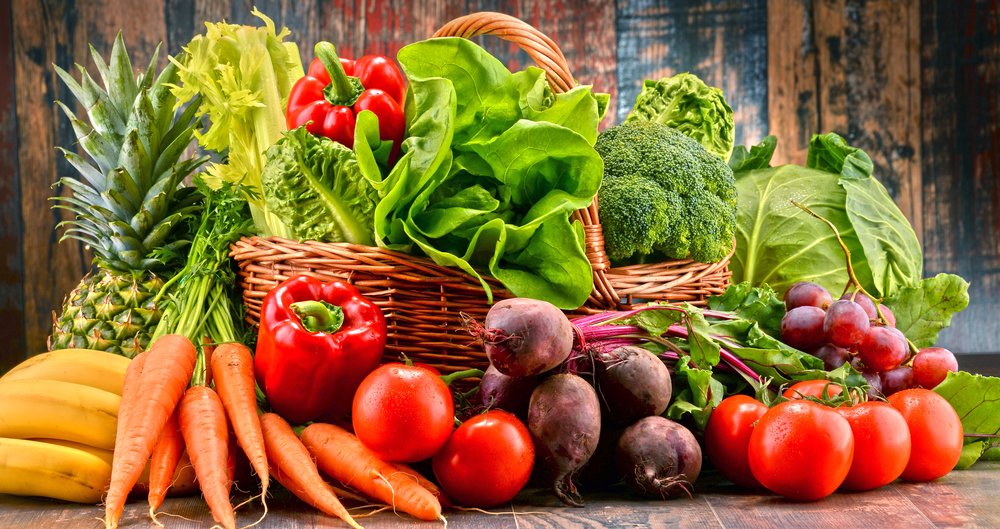Eating for health
It can be hard sometimes to know what, how much and when to eat. There is a huge variety of advice available, and new research often seems to contradict previous recommendations. On top of this we have our own habits and preferences acquired over years. Even if one is being mindful, it can be hard to see through habits, to feel that you don’t need to eat that last morsel, or have that extra piece of cake.
So how can we know what is appropriate? Here are a few ideas about optimum nutrition you can mix and match, in order to feel your way around what’s best for you.
Breakfast like a king, lunch like a prince, dine like a pauper
My view is that this is the best way to eat for digestive health. Eating provides energy for activity, and most of us are active during the day, so need to have calories available during that time. It makes sense therefore to eat a decent breakfast, to charge your battery. If you are not hungry in the morning, my view is it is probably because your body is still encumbered with the previous evening’s meal.
The Chinese body clock (https://thechalkboardmag.com/chinese-body-clock-waking-up-at-night) tells us when different organs are at maximum and minimum levels of activity. Our body’s digestive organs are all at their maximum early morning through to early afternoon; the stomach is at its minimum level of activity already by 7pm. In sleep our body wants to be able to carry out other processes such as tidying, sorting and healing, and eating can get in the way of that, especially eating heavy meals; in my view this is one of the main reasons people need to disrupt their sleep to relieve themselves at night. My advice then is simple: for optimum digestion and sleep, get the bulk of your calories early in the day and eat more sparingly as the day goes on.
Leave some space!
This means simply eating within our stomach’s limits, for example to ¾ full.
What we can easily digest is limited physically by the size of our stomach. If we eat more than our stomach can comfortably hold, that is, if we eat to the point where our stomach feels physically full, we will likely also cause problems further down the digestive tract. Often your sense of how full you are is catching up with your eating, and given a short break after a meal you will feel full even if you still didn’t while you were eating.
Some of us have difficulty digesting specific foodstuffs, and for those people the sense of fullness could very quickly become bloating when those foods are consumed. This is still a message worth listening to. There are many ways of eating healthily, and usually ways to work around a dietary intolerance or allergy, in terms of getting appropriate nutrition.
In the short term overeating could mean you don’t digest the food well, leading to fatigue or discomfort. It could also lead to for example constipation, bloating, or heartburn.
Of course if you have physical work you will need to consume more calories, and however you eat you need to make sure you’re getting a variety and plenty of fresh vegetables and greens.
Avoid foods too laden with strong flavours or sugar, fats or salt
Strong flavours act similarly to stimulants and can cloud our perceptions of whether we are full or empty. The most common examples of highly refined food products are salt, sugar, fats and spices. We all have slightly different constitutional balances, and some of these things are better for some of us and worse for others. You probably have a preference for those things that you find beneficial already, but it’s worth making sure that you get variety in your diet, and being wary of overusing any highly refined foodstuffs.
Mindful eating practices
Generally practising mindfulness initially means stopping and observing the various movements of body and mind that continue when you bring yourself to physical stillness. Over time and with practice your sense of stillness and awareness increase and it becomes easier to be aware of the activity of the mind while you’re also physically active. A few ways you can be more mindful when you are eating are to:
- Pause and take a few conscious breaths before eating
- Eat without distractions (without for example also watching a screen, or reading a newspaper at the same time)
- Eat slowly and chew well; this will also enable you to get the most out of eating less
Being mindful when you eat can develop your awareness of when you’re full, and what types of food best suit you.
Research suggests a couple of further points which I think are worth bearing in mind
I can't put it better than the quotes below, which are from abstracts available on the website PubMed, which publishes medical research as part of the US National Library of Medicine.
“A diet of minimally processed foods close to nature, predominantly plants, is decisively associated with health promotion and disease prevention and is consistent with the salient components of seemingly distinct dietary approaches” (www.ncbi.nlm.nih.gov/pubmed/24641555)
“A large body of evidence supports the utility of healthy dietary patterns that emphasize whole-grain foods, legumes, vegetables, and fruits, and that limit refined starches, red meat, full-fat dairy products, and foods and beverages high in added sugars... Diet, of course, is just one approach to preventing illness. Limiting caloric intake to maintain a healthy weight, exercising regularly, and not smoking are three other essential strategies”.
(www.ncbi.nlm.nih.gov/pmc/articles/PMC3471136/)
I have presented a few ideas that have been important to me in finding a healthy balance between diet, exercise and sleep. It's worth remembering that with vision and understanding there’s a lot we can do to help ourselves; I hope that some of these ideas provide useful food for thought.
